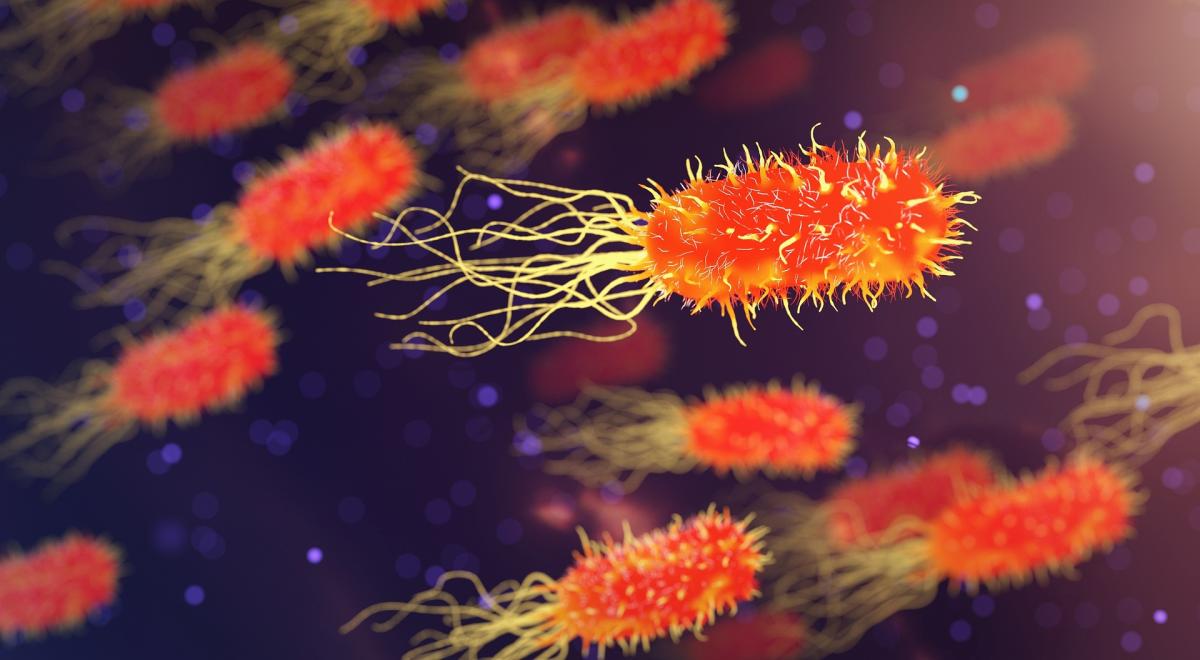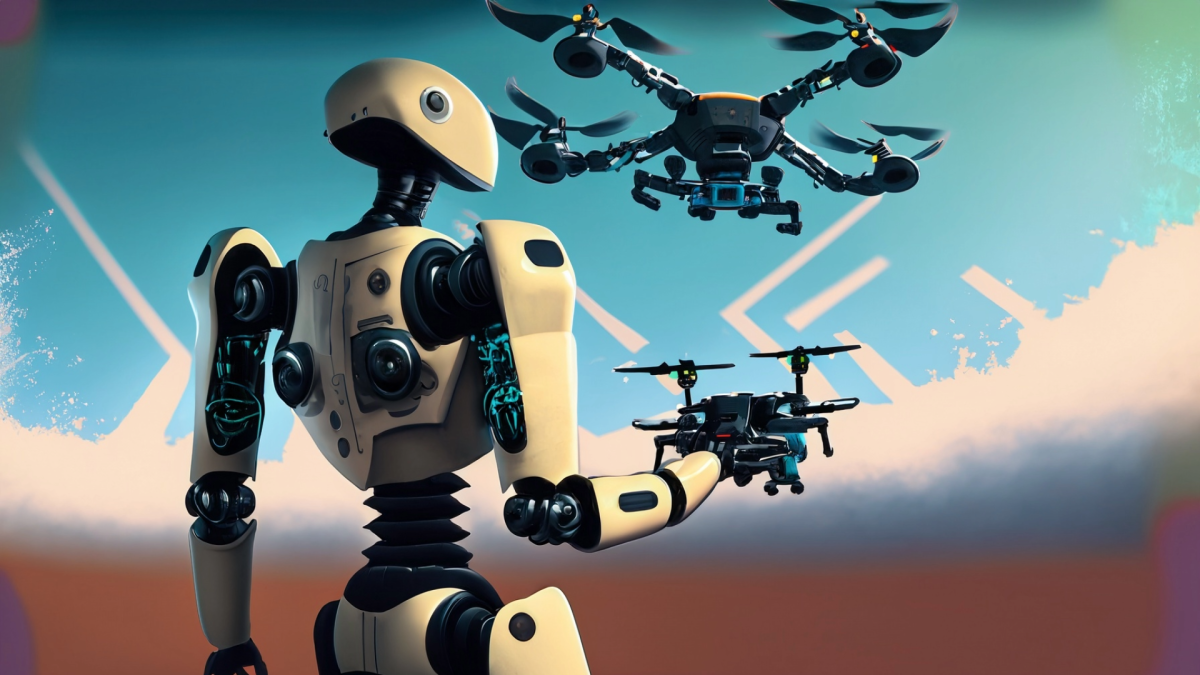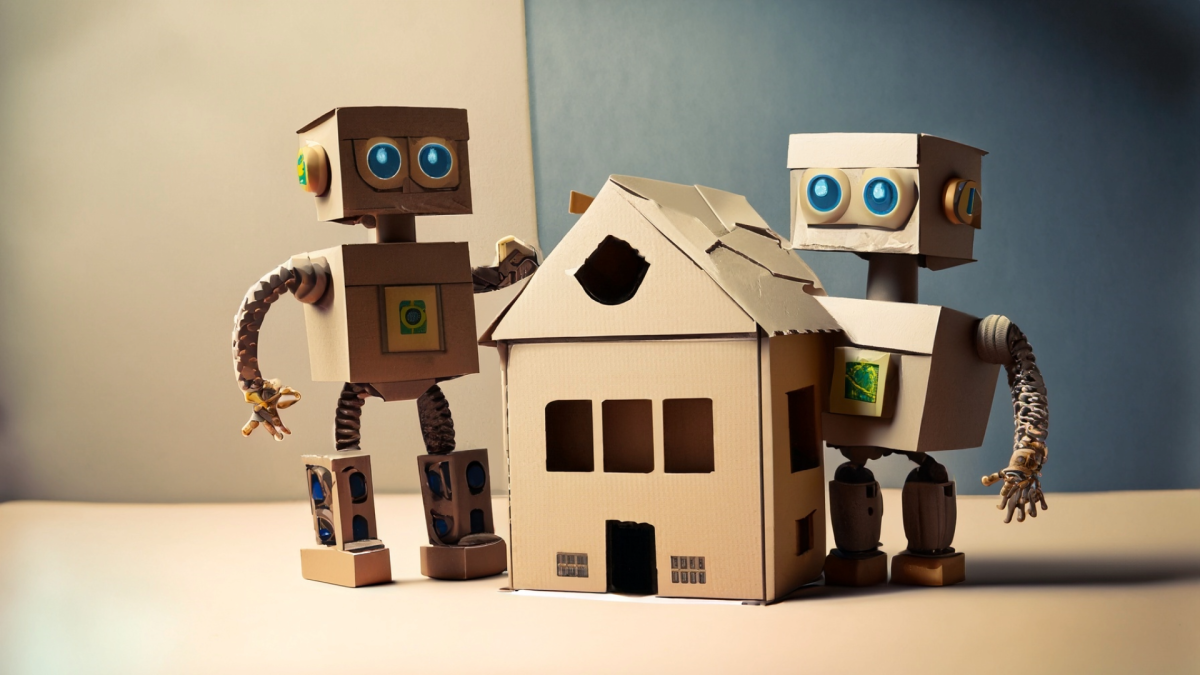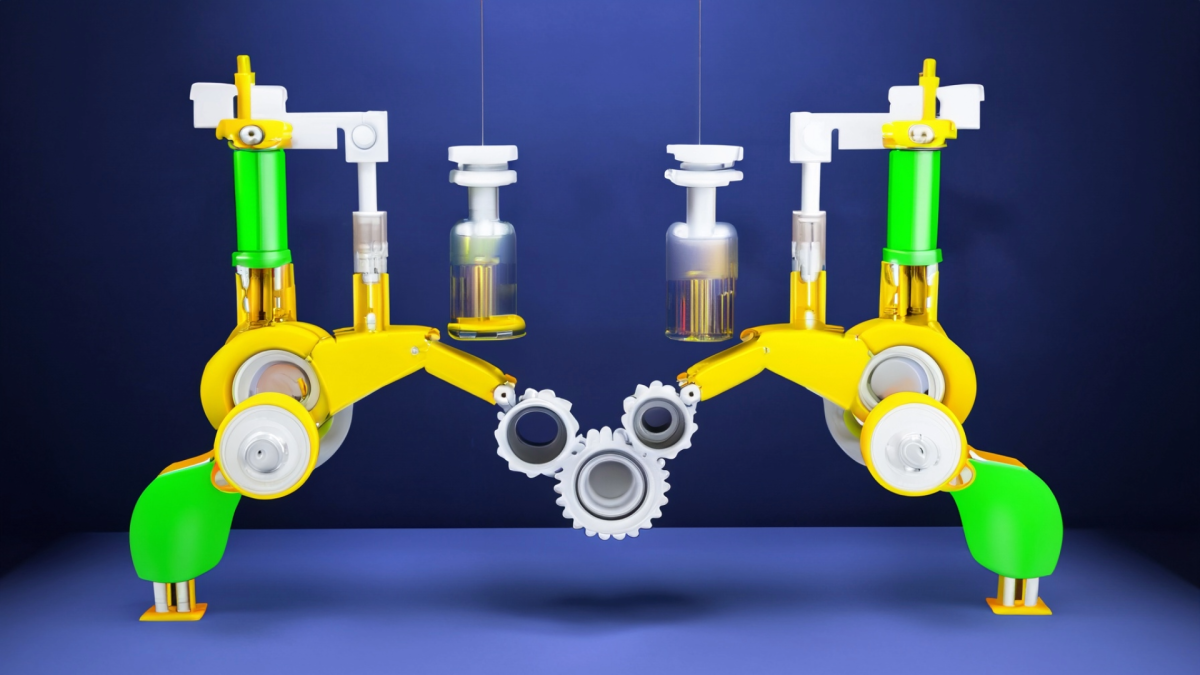
Grades:
7th Grade
Students will learn the parts of a microscope, the importance of them and how to use them to view specimens.

Grades:
7th Grade, 8th Grade
In this lesson students will work in teams to research the different parts of a drone obstacle course with the intention to build and race it themselves.

Grades:
6th Grade, 7th Grade, 8th Grade
In this lesson students will broaden their understanding of their drone controls learning the proper terminology and practice using that vocabulary flying mini obstacle courses as a Pilot/Co-Pilot duo

Grades:
7th Grade, 8th Grade, 9th Grade, 10th Grade, 11th Grade, 12th Grade
Dive into the physics and engineering and programming of holonomic drives! Learn to code and control movement for your FTC robot with hands-on activities and real-world applications.

Grades:
7th Grade
Human cells function best within a specific temperature range. Recent scientific data has shown that extreme high temperatures can have detrimental effects on our cells. In fact, repeated exposure to

Grades:
5th Grade, 6th Grade, 7th Grade
Students will use the principles invented by Bernoulli and Archimedes to learn about hot air balloons. Then students will create one out of tissue paper and test it!

Grades:
7th Grade
Why do different parts of the Phoenix Metropolitan areas have a big difference in rainfall during monsoon days? Discover how the rain shadows of the White Tank Mountains and the McDowell Mountain

Grades:
6th Grade, 7th Grade, 8th Grade
This STEM lesson focuses on science and math. It was written for 6th through 8th grade, but it can be adjusted to fit other grades. It was made for a whole group start, then move into groups of 3-4

Grades:
6th Grade, 7th Grade, 8th Grade
Students learn about leg prosthetics, design a blueprint and engineer a working prosthetic leg.

Grades:
7th Grade, 8th Grade, 9th Grade, 10th Grade, 11th Grade, 12th Grade
This is the fourth lesson in a series of four designed to guide students through the process of designing, implementing, and documenting their own independent STEM research projects. This lesson

Grades:
7th Grade
This project transforms students into solar power investigators! They'll construct miniature solar power plants (model houses) and test methods to combat dust, a real-world challenge for solar panels

Grades:
6th Grade, 7th Grade, 8th Grade
In the Drone Light Show project, students will explore the intersection of technology, creativity, and teamwork by designing and programming their own synchronized drone light show. Utilizing DJI

Grades:
4th Grade, 5th Grade, 6th Grade, 7th Grade, 8th Grade
Lesson "Phoenix Reimagined: From Sun City to Solar City" ensures that students engage in age-appropriate, hands-on learning experiences that promote understanding of solar energy and its applications

Grades:
7th Grade, 8th Grade, 9th Grade, 10th Grade, 11th Grade, 12th Grade
This lesson is a whole unit on energy. It can be broken up into 10 separate lessons. I chose to put them all together so that it was easier to see how I organized them so you did not have to search

Grades:
7th Grade, 8th Grade, 9th Grade, 10th Grade, 11th Grade, 12th Grade
This lesson is designed to help students learn how to critically evaluate sources of information, a crucial skill for conducting independent STEM projects. The lesson uses the Baloney Detection Kit

Grades:
6th Grade, 7th Grade, 8th Grade, 9th Grade, 10th Grade, 11th Grade, 12th Grade
This lesson is designed to encourage students to explore their interests and pursue their passions while diving into the world of STEM. This lesson takes place in a classroom for one semester. 1 hour

Grades:
7th Grade, 8th Grade, 9th Grade, 10th Grade, 11th Grade, 12th Grade
Students will investigate different counting methods to find out total number of outcomes to be applied in probabilities. They will learn about fundamental counting principle, permutations, and

Grades:
7th Grade, 8th Grade, 9th Grade, 10th Grade
Students can now use Desmos on standardized testing such as the Arizona State Test and even ACT testing. Student will develop their analysis skills using Desmos to visualize data and create math model

Grades:
7th Grade, 8th Grade
Students will learn cardboard construction through brainstorming, planning, building, and presenting creative projects, focusing on teamwork, structural integrity, and problem-solving over three class

Grades:
Kindergarten, 1st Grade, 2nd Grade, 3rd Grade, 4th Grade, 5th Grade, 6th Grade, 7th Grade, 8th Grade, 9th Grade, 10th Grade, 11th Grade, 12th Grade
Students (or teacher) create an escape room to align with any math (or science or any subject) standards. Can incorporate various technology (chromebooks, laser pointers, etc and students will need to

Grades:
6th Grade, 7th Grade, 8th Grade
Students will learn the importance of clear, precise communication by directing a partner to navigate a drone through an obstacle course. This exercise will draw parallels to writing clear and

Grades:
6th Grade, 7th Grade, 8th Grade
This is an introductory investigation to how light behaves in an electromagnetic spectrum unit. This is prior to any content being taught at the subject and is a way to spark inquiry and for students

Grades:
Kindergarten, 1st Grade, 2nd Grade, 3rd Grade, 4th Grade, 5th Grade, 6th Grade, 7th Grade, 8th Grade, 9th Grade, 10th Grade, 11th Grade, 12th Grade
Button makers are great additions in the classroom! But first, students should learn the history of buttons, about the button machine and how to operate it. Challenge cards provided inspire students

Grades:
6th Grade, 7th Grade, 8th Grade
This lesson helps engage student voice in developing stronger research questions and projects on topics about which they are interested, curious, and passionate. The Question Formulation Technique


